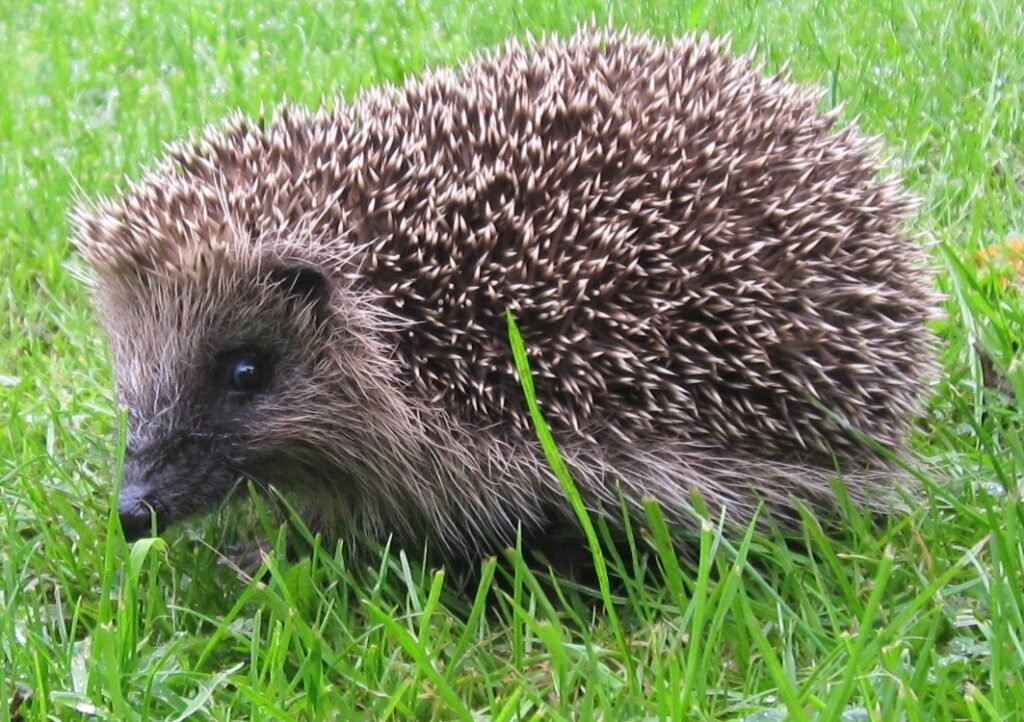Get your garden wildlife-ready for winter
- 17 November 2022
-
 Meriel Harrison
Meriel Harrison
- Gardening
We’ve reached that time of year when the flowering season for most garden plants has ended, the trees are busy shedding the last of their leaves, and the temptation is to cut everything back to ‘tidy up’ the garden. But this is just the time of year when many creatures are seeking a place to shelter, and making just a few changes to your autumn to-do list will help to make your garden a winter haven for wildlife.

Here are some of the ways you can prepare a welcoming home for nature, ready for the harsher months ahead.
- Fallen leaves are an excellent source of nutrients for your garden, so if you are raking them up don’t throw away all that goodness. Leaves that are allowed to decay slowly in piles will break down into leaf mould, an excellent soil conditioner. Keeping a couple of leaf piles in out-of-the-way spots provides essential shelter for hibernating hedgehogs, frogs and toads, and a huge range of insects. It is, however, always best to fish leaves out of garden ponds as they have a negative impact on the water quality and pondlife.
- Stems and stalks in garden borders or ‘no mow’ areas can be left standing over the winter and look especially beautiful in frosty weather. Many insects will overwinter in hollow stalks, and any seed heads that you leave will continue to feed the birds. You can cut things back in early spring, when the new growth is starting. If you are lucky enough to have a fruit tree in your garden, leaving some of the fallen fruit is another way to feed birds and insects as the weather begins to turn colder.
- Let it grow, let it grow… resist the temptation to hack back at overgrown ivy for now. Ivy is a natural larder in the autumn and winter months, with its flowers providing late pollen followed by calorie-rich berries. It also provides the perfect shelter for moths and other insects, as well as roosting bats and birds. Lawns are another part of the garden where leaving some longer areas will increase the amount of shelter available for wildlife.
- It’s the perfect time to plant spring bulbs, and few things are more satisfying than seeing them pop up and put on a show when the warmer weather arrives. These flowers provide vital nectar for emerging pollinators. Choose native species such as snowdrop, winter aconite and snake’s head fritillary for the most benefit.
- Finally, if you’re feeding your garden birds over the winter months don’t forget to give your feeders, bird tables and bird baths a good clean every week. Without regular cleaning, these can become breeding grounds for infectious diseases such as trichonomonosis, avian pox and salmonella, causing the birds more harm than good. By keeping things hygienic you can be sure the birds will thank you for the extra boost in food to help see them through until spring.
© Copyright YACWAG, or original authors. All rights reserved. | Registered charity 1076362 | Privacy policy | Cookie policy | Terms & Conditions |Web design: StanfordGraphics


